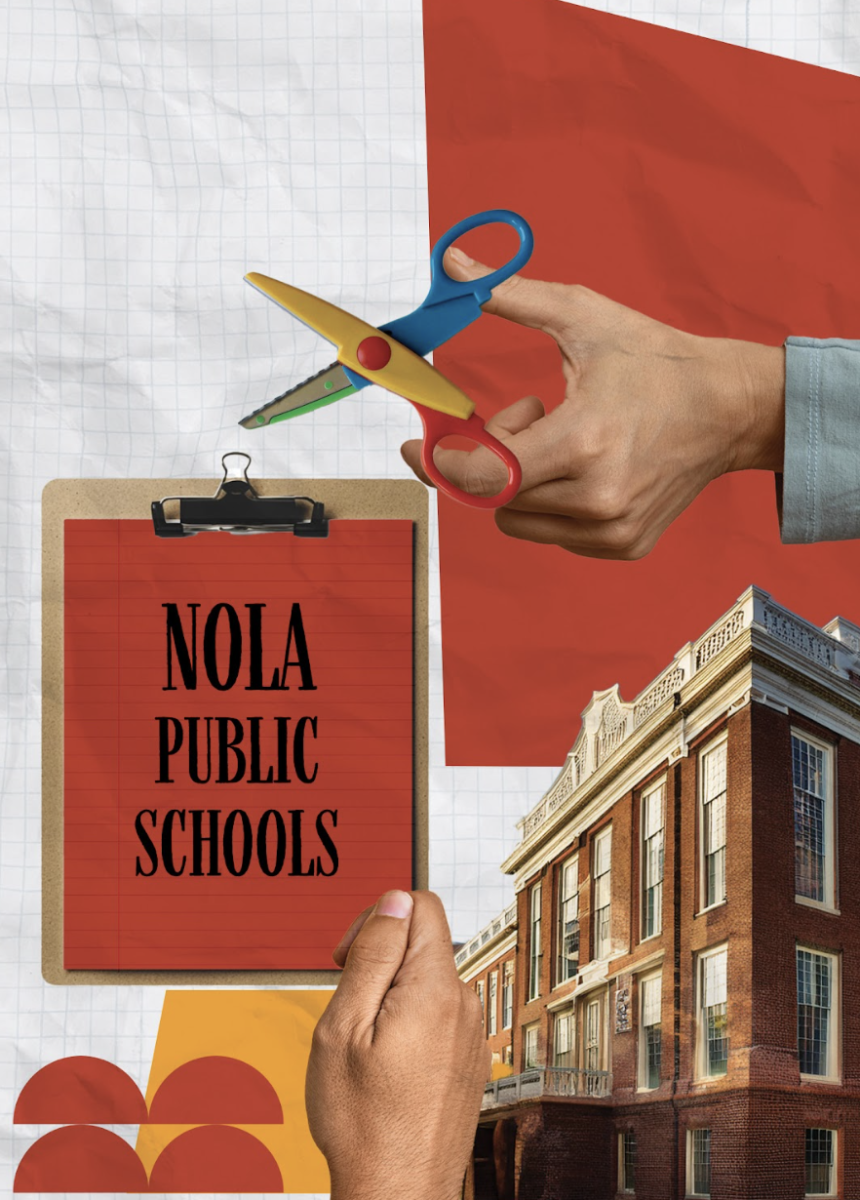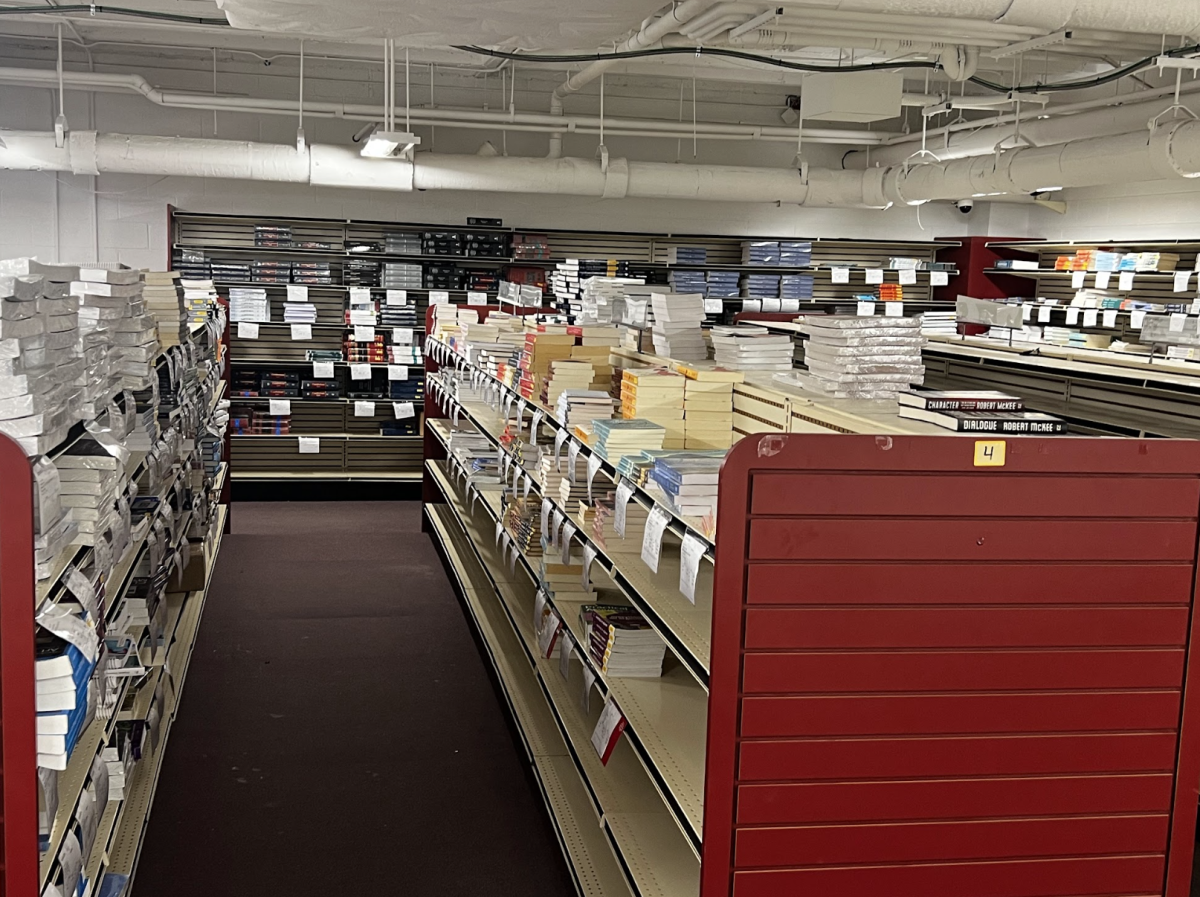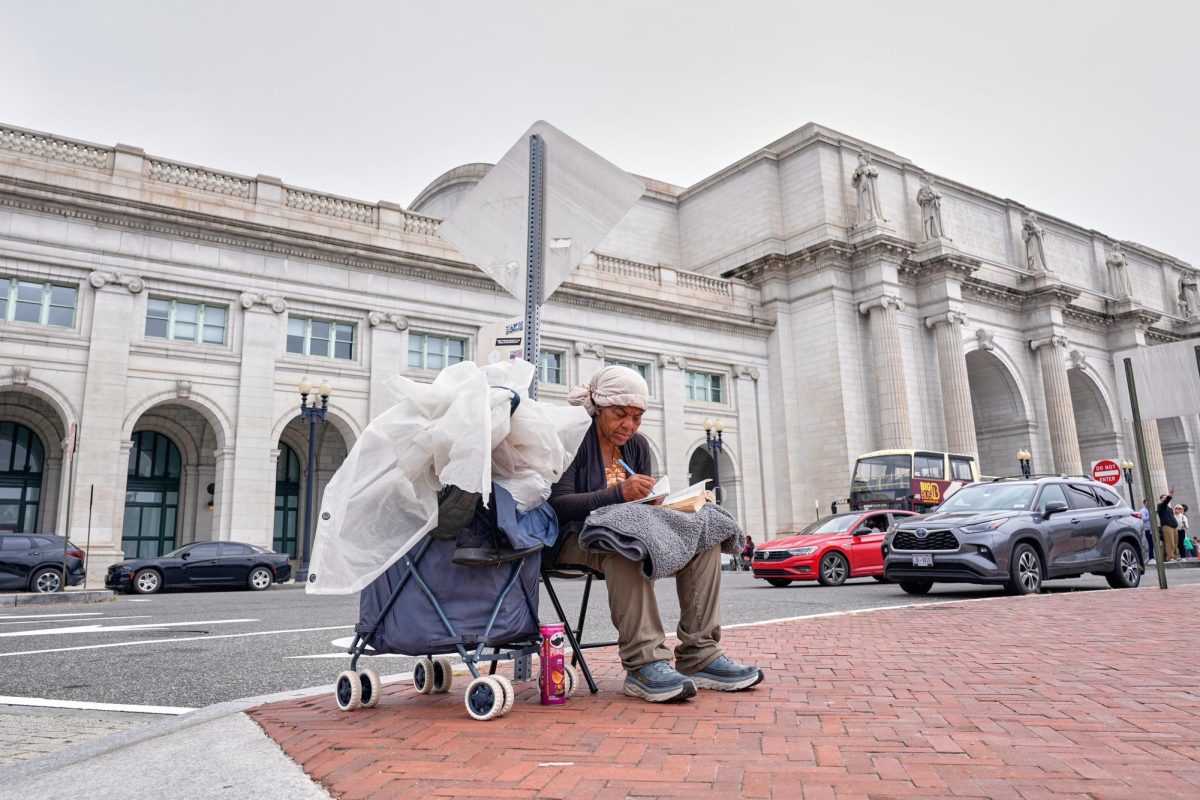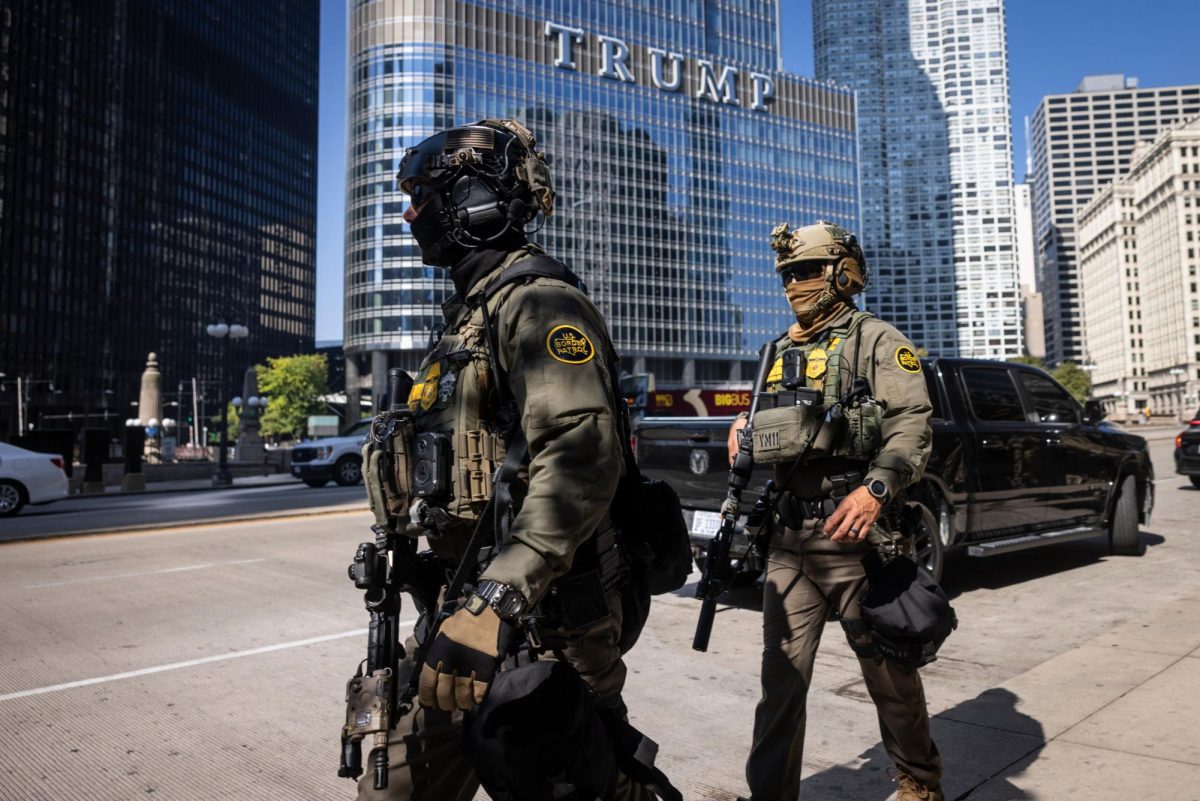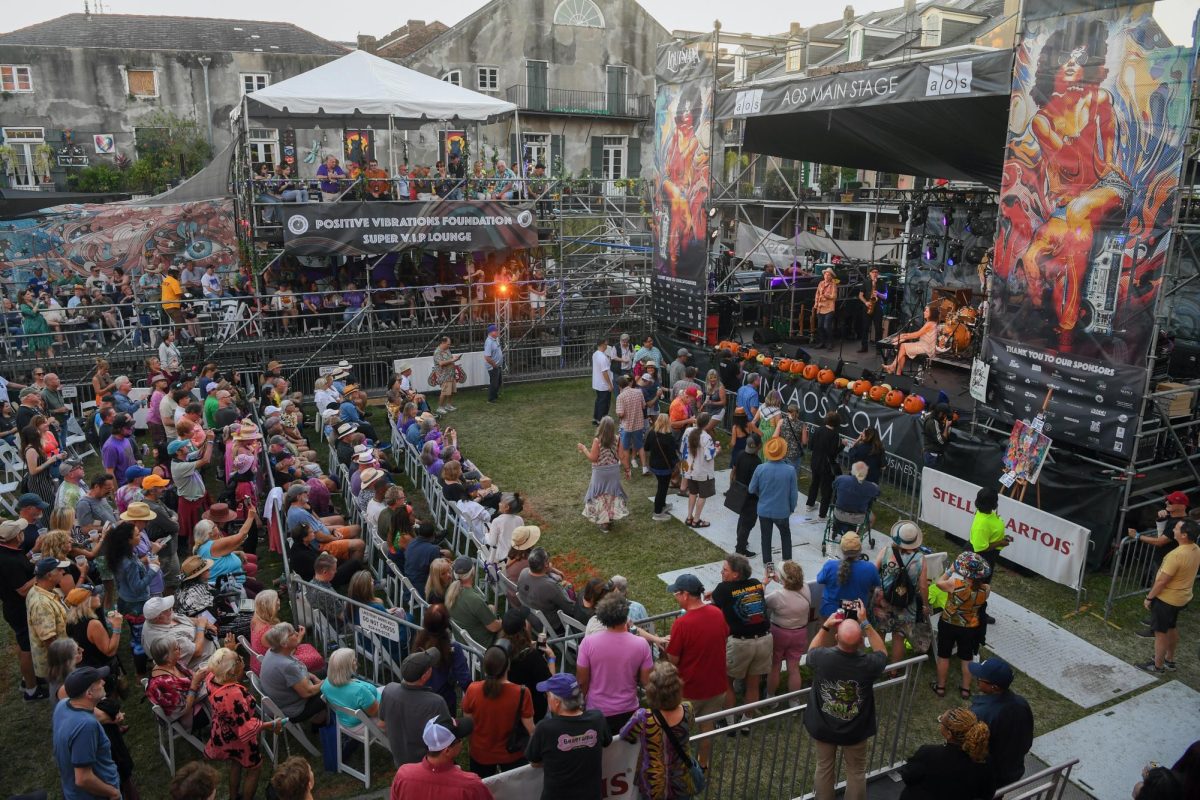Loyola’s Katrina@20 remembrance events in the St. Ignatius Chapel were a fitting way for our New Orleans community to reflect on what we suffered twenty years ago, and on the ways in which we rose up to build anew after the historic trauma of 2005. I was saddened, however, to see an email blast from the Jesuit Social Research Institute bashing our public schools.
The subject line of the JSRI memo said it all: “Throwing away Educators: The Post-Katrina New Orleans School Reforms.” It reminded me of a familiar post-Katrina pattern: the influx of trauma vultures, journalists and academics with the thinnest connection to New Orleans before the 2005 cataclysm, using our trauma to advance careerist or ideological ends. Reducing the miraculously successful transformation of our public schools after 2005 to “throwing away educators” represents the worst of the tendency.
I admit that I take the matter very personally. I attended New Orleans public schools from first to twelfth grade. My children also attended our public schools from pre-K through high school. My wife is a local public school principal who taught in the traditional system before the storm, was “thrown away,” but got back up again and joined the movement to improve the horrible system we had in 2004 into the much improved system we have today. Writing in The 74, Ravi Gupta spoke of the changes we’ve seen as “The Inconvenient Success of New Orleans Public Schools.” He details the truly stunning strides our schools have made, which amount to much more than “increased student test scores and graduation rates”–the thin concession granted by JSRI’s polemic. “College enrollment has jumped by 28 percentage points. Students across all demographics—Black, white, low-income, students with disabilities—have posted dramatic gains that would be the envy of almost any school system in the country.”
So why can’t we be rightly proud of this achievement? It’s true that all public school teachers were furloughed after Katrina wrecked our infrastructure and displaced our population. My wife was pregnant at the time and lost her health insurance. But I also remember the struggle to open schools so our families could return. Many schools chose to charter because it was the only way they could open at all. It was rough going, and many adjustments needed to be made, and continue to be made, in order to build a more coherent, functional, and equitable system.
I am used to hearing our public schools bad-mouthed, both before and after the charter revolution. The problem is that the national left rejects the charter school model as a matter of faith, with no regard to the experience of enrolled students. Conservatives, on the other hand, consider public charter schools to be too “woke,” and would rather vouchers for private schools. In the era of President Barack Obama, the Democratic Party embraced public school decentralization, but now an increasingly illiberal academic left has had great success terming independent free public schools a form of “privatization,” a particularly misleading bit of demagogic rhetoric.
Many of my best students at Loyola are, like me, graduates of New Orleans’ public schools. It’s hurtful to hear the vast improvements we’ve all participated in dismissed as glibly as JSRI did on the anniversary of our worst memories. We do not deserve to be reduced to our worst failures, to our trauma, as if that’s all that merits national attention, while our great successes get ignored or egregiously misrepresented.


